Indications:
●Rebif is predominantly indicated for the treatment of patients with relapsing forms of multiple sclerosis to delay the accumulation of physical disability and minimize the frequency of clinical exacerbations.
Efficacy in MS Management:
●Rebif has been demonstrated in multiple clinical trials to be effective in patients with relapsing-remitting MS, the most common form of the disease.
Administration Guidelines
Subcutaneous Injection:
●Rebif is administered via subcutaneous injection. Typically, the frequency is three times per week, with at least 48 hours between doses. Proper injection techniques are crucial, and locations should be rotated with each dose to prevent skin irritation and lipoatrophy.
Dosage Forms:
●Rebif comes in pre-filled syringes or Rebiject II autoinjectors to ease self-administration. It is available in dosage strengths of 22 and 44 micrograms, allowing titration to individualized therapeutic needs.
Safety Preclusions
Pregnancy and Breastfeeding:
●Rebif should be used during pregnancy only if the potential benefit justifies the potential risk to the fetus. Those who are breastfeeding should also discuss the use of Rebif with their healthcare provider, considering the potential for serious adverse reactions in nursing infants.
Long-term Use:
●Rebif demonstrates a notable safety profile for long-term use in patients with relapsing MS. Liver function tests, blood cell counts, and thyroid function tests are recommended periodically, as Rebif can have effects on these parameters.
Drug Interactions:
●Interactions with other medications may impact Rebif's efficacy and safety. Concomitant use with other drugs affecting the immune system or hematologic profiles requires careful monitoring and sometimes necessitates adjustments in treatment protocol.
|

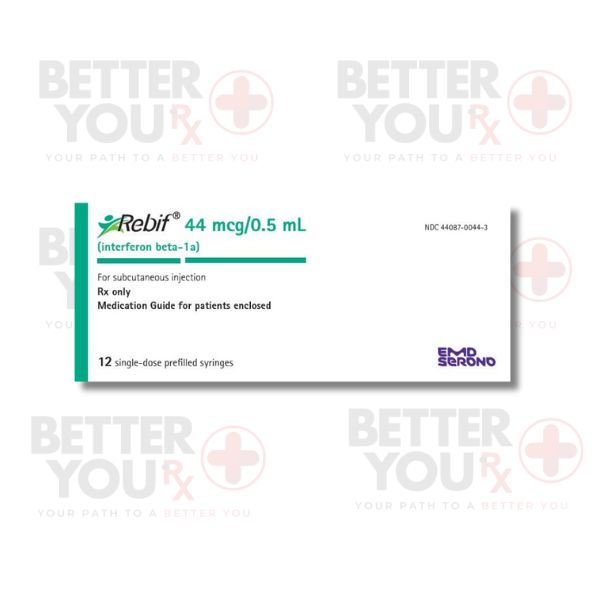
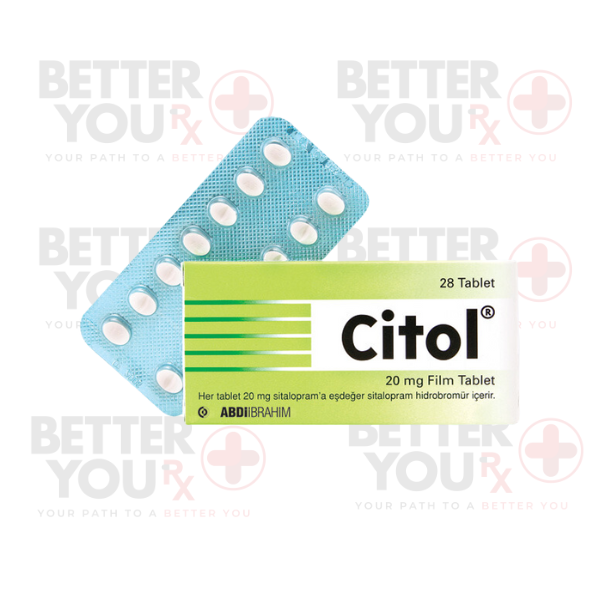
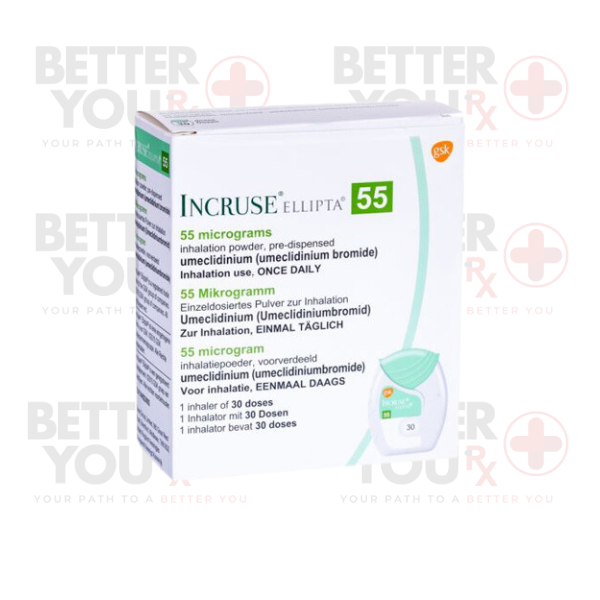
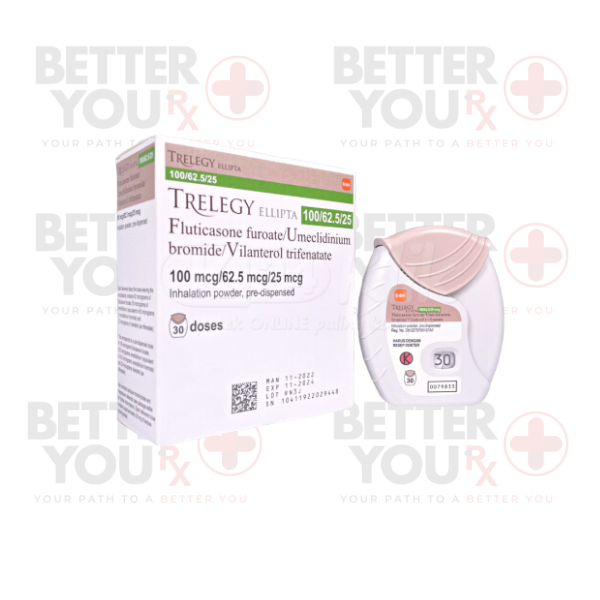
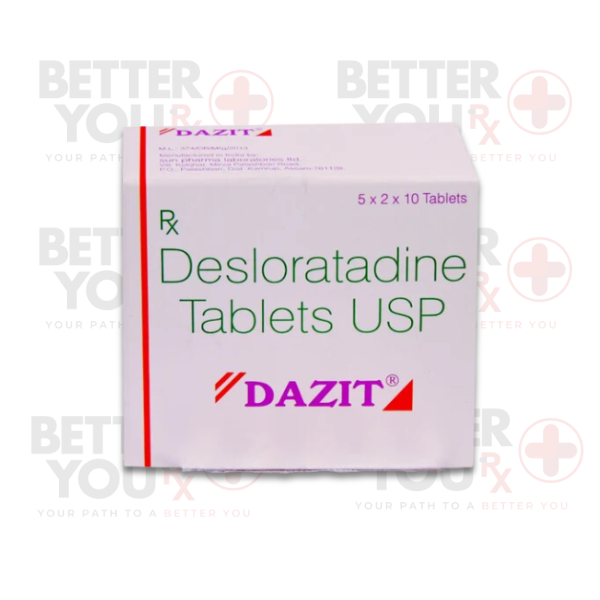

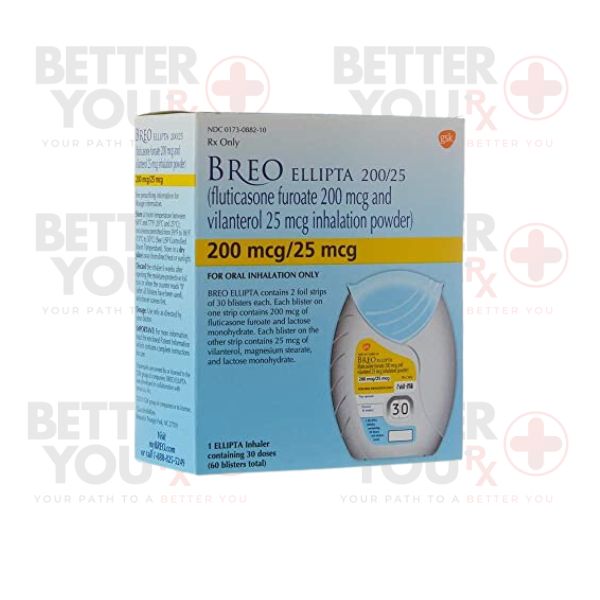
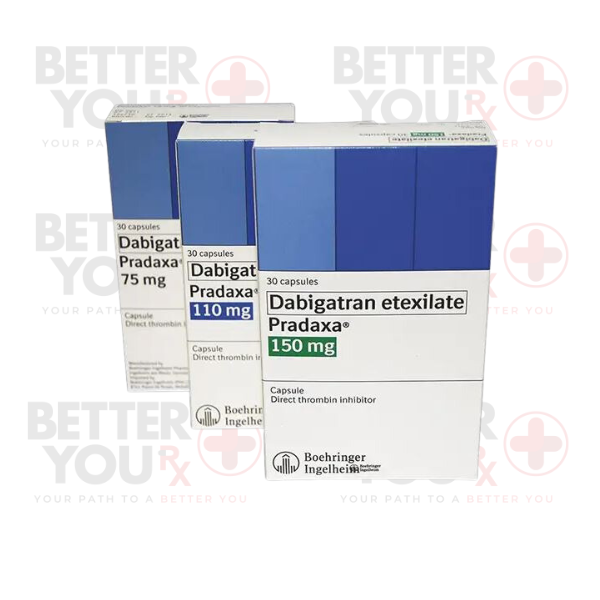
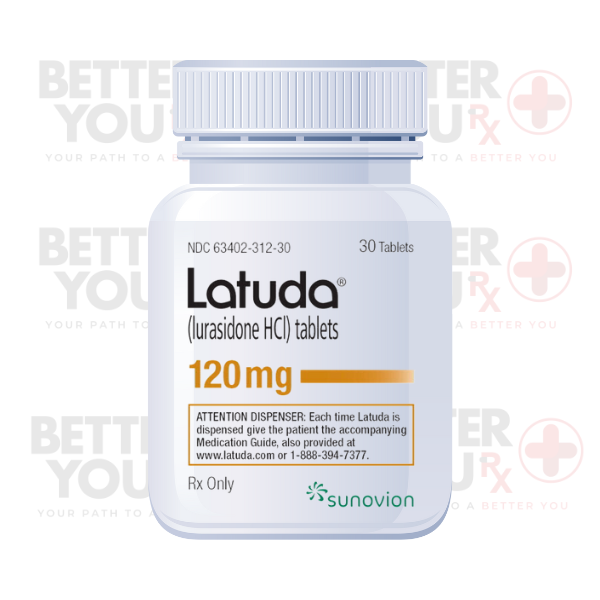
Reviews
There are no reviews yet.